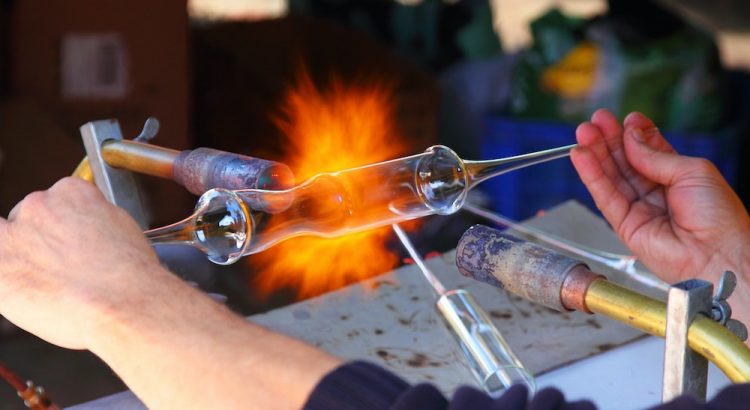Podcast: Play in new window | Download
Subscribe: Spotify | Email | TuneIn | RSS
If you’re a graduate student thinking about a career that lies off the tenure track, you’re probably vaguely nervous that your skills at the bench won’t take you very far in the business world.
Career experts always ask you to highlight your ‘transferable skills,’ but what does that actually mean?
Is it true that you’re hiding a set of superpowers beyond just pipetting small amounts of liquid from tube to tube?
This week on the show, we explain the mysterious world of transferable skills, and tell you how to build on those powers while you’re still a student.
It’s All About Context
Definitionally, a transferable skill is just one that you have developed in one setting, but that could be applied in another.
If you’re the lab’s PCR Ace, you can transfer that skill to any other molecular biology lab, clinical diagnostic lab, or even forensics lab. But you’re probably NOT going to use that skill as a bank teller.
When people talk about transferable skills, they’re usually talking about an ability that can be widely applied in many industries. And to see those features of your training, you need to step back and look at your work with a bit of abstraction.
Sure, you won’t be running PCRs in a lot of other careers, but you MAY be called on to do precise measurements, a skill you’ve developed by mixing those reactions.
Moreover, being ‘great’ at PCR means you’re also probably great at the math it takes to determine the concentration of reagents, the ability to manage time so that your gel is poured when the reaction is done. You’re probably stellar at troubleshooting when things don’t turn out the way you expected, and you’re able to synthesize and interpret the data you just genrated.
So while PCR isn’t exactly a transferable skill, you’re demonstrating plenty of broadly useful abilities that hiring managers are looking for.
Your Superpowers
This week, we walk through just a short list of the many skills you’re developing as a graduate student.
You’re becoming an expert in information management – combing through journal articles, generating experimental data, and communicating your findings to a wider audience.
You’re managing projects, and sticking to a budget and timeline. You’re also leading others, organizing with collaborators and mentoring new students.
The fact is, you’re doing many of the things companies search for, but you need to learn how to translate your experiences into stories they’ll understand.
For help with telling that story, check out this Nature Blogs article on the 3 parts to a compelling transferable skill story.
And for a list of 20 skills you’re developing right now, visit this article from Jobs On Toast.
HelloPhD has also talked about transferable skills before, including this interview with career counselor and author Melanie Sinche!
What are your transferable skills? Leave us a comment below!

